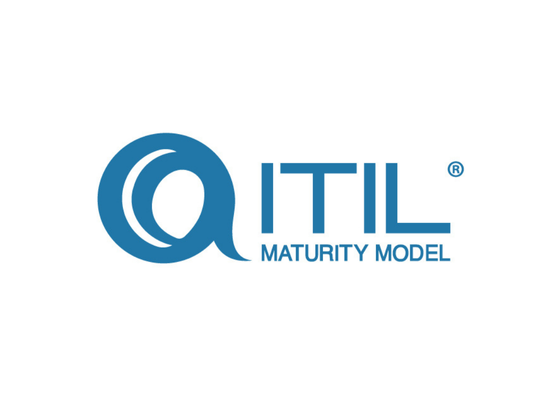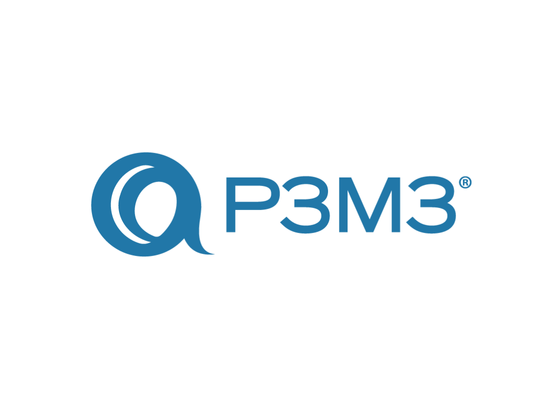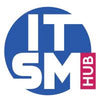Organisations across industries are recognising the need to transition to more agile ways of working to stay competitive, adapt to changing market conditions, and meet customer demands efficiently. However, achieving true agility requires more than just implementing new processes or technologies—it requires empowering staff to make decisions effectively. This article explores why building the capability of staff to make decisions is crucial for successful agile transformation, identifies common barriers, and offers specific actions to overcome them.
Why is staff empowerment critical to agile transformation?
Empowering staff to make decisions is fundamental to agile transformation success for several reasons:
- Faster Response to Change: Agile organisations thrive on their ability to respond quickly to market changes. When staff are empowered to make decisions, they can act promptly without waiting for hierarchical approvals, enabling the organisation to adapt rapidly.
- Improved Problem-Solving: Decentralised decision-making fosters a culture of innovation and creativity. Staff members closest to the problem often have valuable insights and ideas for solutions. Empowering them to make decisions encourages ownership and accountability, leading to more effective problem-solving.
- Enhanced Employee Engagement: Giving staff autonomy and trust signals that their contributions are valued, leading to higher levels of engagement and job satisfaction. Engaged employees are more motivated to contribute their best work, driving overall organisational performance.
What are common barriers to staff empowerment?
Despite its benefits, empowering staff to make decisions encounters barriers rooted in traditional organisational paradigms:
- Hierarchical Structures: Traditional top-down hierarchies can inhibit decision-making at lower levels of the organisation. Middle managers may feel threatened by decentralisation of power and resist relinquishing control.
- Fear of Failure: Staff may hesitate to make decisions if they fear negative repercussions for mistakes. A culture that punishes failure stifles innovation and discourages risk-taking.
- Lack of Trust: Building trust between leaders and staff is essential for effective empowerment. Without trust, staff may not feel confident in their decision-making abilities or fear micromanagement.
How can organisations overcome barriers to staff empowerment?
To overcome these barriers and build staff capability for decision-making, organisations can take the following actions:
- Promote a Culture of Psychological Safety: Create an environment where staff feel safe to voice their opinions, experiment, and make mistakes without fear of judgment. Research by Amy Edmondson, professor at Harvard Business School, emphasises the importance of psychological safety in fostering innovation and learning. s Edmondson aptly states, "Psychological safety is a shared belief that the team is safe for interpersonal risk-taking." This underscores the significance of creating an environment where individuals feel comfortable expressing their ideas, taking risks, and making decisions autonomously, ultimately driving organisational agility and success.
- Provide Continuous Learning Opportunities: Offer training programs and resources to develop staff skills in critical thinking, problem-solving, and decision-making. Invest in leadership development to equip managers with the skills to support and empower their teams effectively.
- Delegate Authority and Responsibility: Delegate decision-making authority to the appropriate levels within the organisation. Clarify roles, responsibilities, and decision-making boundaries to avoid confusion and ensure accountability.
- Celebrate Success and Learn from Failure: Recognise and celebrate instances where staff demonstrate initiative and make successful decisions. Encourage a culture of continuous learning by openly discussing failures, extracting valuable lessons, and using them to inform future decisions.

















